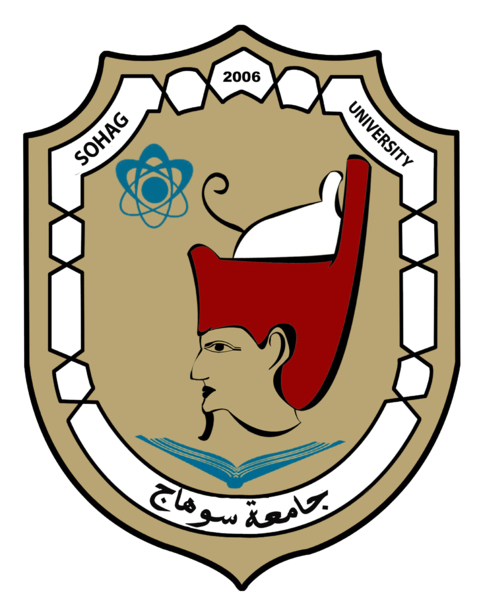There is a great interest of the Arab and international governments and countries in the process of conservation of the architectural heritage. This heritage has great historical and cultural value for current and future generations. Therefore, many international agencies and organizations have developed a number of international charters and conventions, also many countries and governments, including Egypt, to put in place many laws and regulations that govern the conservation process on the architectural heritage and regulate its management processes.
The purpose of this paper is to put a specific mechanism to develop local laws and legislations, maximize their benefit, expand their implementation and identify deficiencies in local laws and legislations in Egypt, in the light of the principles contained in international charters and conventions related to the conservation of the heritage, that because of the lack of clarity the links between the local laws and international charters and conventions and the lack of determining how to rely on these charters in the development of local laws.
The paper follows the theoretical, descriptive, analytical method; by studying a theoretical background on the concepts international charters and local laws and their role in conservation process on the architectural heritage, also studying the relationship between them, then identification of deficiencies in the local laws and put imagine for upgrading and development mechanisms of them in the light of international charters; reaching to the most important conclusions and recommendations, which specifies the most important local laws to be promulgated and the most important items of laws to be added to existing local laws.

